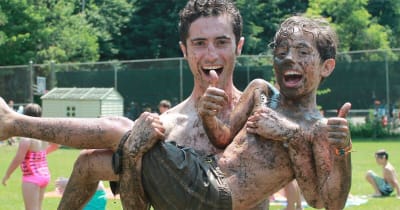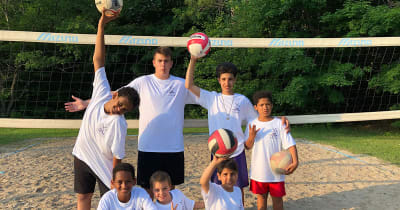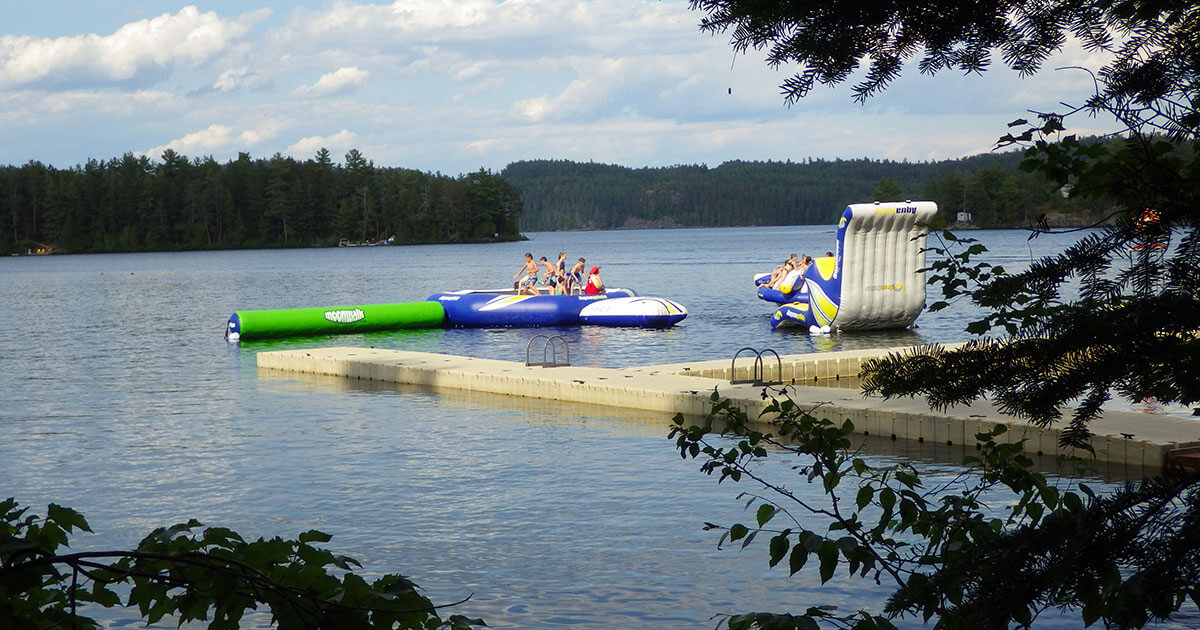Find culinary classes near you
We list cooking classes for teens and kids in cities across Canada. Find your city in the list below, and find programs near you.
Search cooking classes in ANY CITY
What children and teens learn in cooking classes
Here are all the things kids and teens can learn in cooking classes listed above. Consult each program to find out specifics about their curriculum and focuses.
Basic cooking skills. Learning how to cut, mix, melt, grill, and fry are just a few of the basic skills kids acquire in cooking classes. Understanding these basic skills allows kids to move on to cooking more complex dishes.
Kitchen safety. Instructors’ top priority is to focus on how to stay safe in the kitchen. Kids learn the proper ways to hold tools and cut specific foods. They’re instructed on monitoring the stove and oven. Cleaning procedures will also be taught in class. Children learn to be independent in the kitchen as they prove they can manage these responsibilities.
Independence in the kitchen. The education kids receive from professional instructors guides them towards independence in the kitchen. With frequent practice of culinary skills, kids become self-sufficient individuals. They become more confident, learning how to deal with mishaps and mistakes. This independence and confidence carries over to other areas of their lives as they grow into adulthood.
Creativity and expression. Kids learn to improvise and make corrections using skills they’ve learned in class. When mistakes happen, instead of falling into a frenzy, kids learn to deal with these and adjust things. They’re also given some free reign to try new things and just “see what happens” in the fun setting of an after-school class. Learn how camps and programs help kids grow in creativity.
The benefits of cooking classes
Aside from delectable take-home projects and homework, there are many other benefits kids gain from cooking classes. Here’s a brief glance.
Nurtures future culinary artists. Technical and basic skills learned in cooking classes provide a window into the professional culinary world. Kids who are interested in pursuing post-secondary education or future employment in the culinary arts get their start in these classes. Regardless of ambitions, kids become better cooks and chefs through the training they receive.
Promotion of healthy eating habits. Cooking classes always include discussions of healthy eating in the syllabus. As kids work hands-on with a variety of foods, they’ll be educated on the nutritional value of items and consider how to prepare balanced meals. Healthy and delicious dishes will be made in class under the supervision of professional instructors.
Improved intercultural awareness. In cooking classes, kids are introduced to different cuisines and food cultures around the world. Instructors include a mix of Western and non-Western dishes in their classes in order to diversify children’s palate and increase their intercultural awareness.
Practical math and science. Math and science are also part of cooking classes. Kids must add, multiply and divide measurements. They frequently use fractions in class. Chemistry is also part of cooking, as kids learn about melting, boiling, and freezing points in relation to foods. Cooking is a fun way to apply math and science, and it may encourage them to take a greater interest in these academic subjects.
Experiment with different meal types and foods. Desserts, snacks, dinners, and breakfast dishes are all included in cooking classes. Each different meal or food expands children’s artistry and helps them identify a culinary style they most appreciate. Kids recognize their strengths and weaknesses at an early stage helping them refine specific interests and skills.
Questions to ask about cooking classes
When browsing kids’ cooking classes near you, here are questions to ask programs, to help you discern which is the right one for your child.
- What safety procedures are in place? How much time is spent on safety training versus cooking?
- What are instructors’ backgrounds in culinary arts? How much experience do they have in teaching kids?
- What types of dishes are made and will kids be bringing finished products home with them?
- Are kids required to bring any utensils, etc., or is everything provided by the program?
Related camps and programs
Cooking camps and baking camps give kids a week or longer in the kitchen. In these camps, kids will learn how to cook or bake sweet and savoury dishes. Camps might also have expanded programming that adds more fun beyond the kitchen.
Health and fitness camp further explores the nutritional and healthy living education provided in cooking classes. Kids learn how to balance healthy eating with other lifestyle choices that give them a more holistic view of how the culinary arts mesh with a bigger picture of health.
Arts camps come in a great variety. These provide children with a plethora of different ways to further explore creativity through the arts.
Combine this list with other information from around OurKids.net:
Frequently Asked Questions
How many Cooking classes and after-school programs are there?
There are 3 programs offering cooking as an activity. Use the filters to narrow by age and program type, then click on matched programs to see daily activities, dates, rates and registration information.
What are the fees to attend Cooking classes and after-school programs?
Fees for programs offering cooking as an activity range from $300 to $1,100 per program (program types and lengths vary). Use the filters here to narrow programs by age and type.
Where can parents meet with Cooking classes and after-school programs?
Meet with program directors and staff at the Our Kids Camp & Program Expo. The Expo is held annually in February, and is a fun and informative day for parents, kids, and teens. Find event details and free tickets here.
















